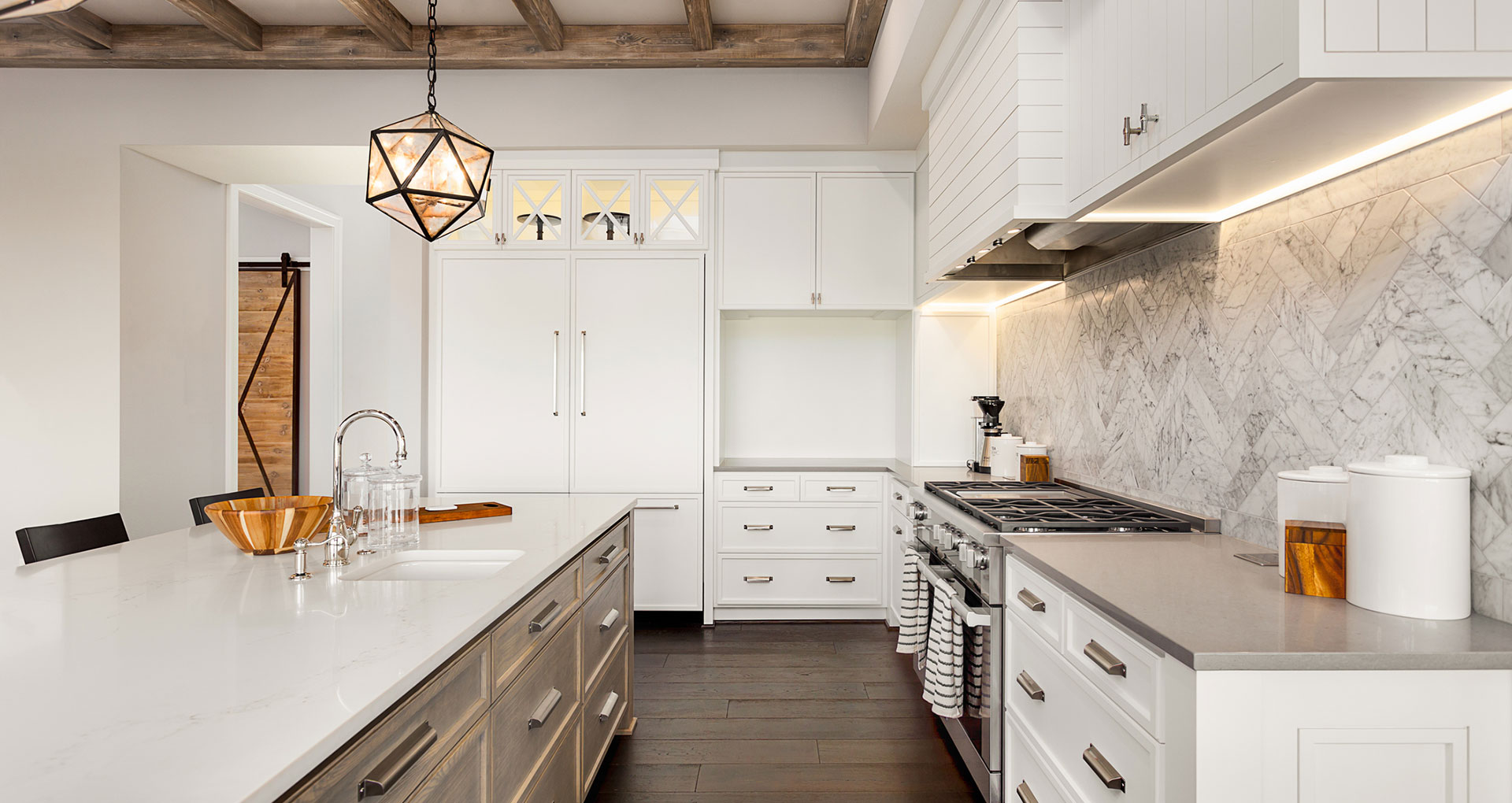Before commencing any construction work, it is vital that you and the development team review and understand each other on every aspect of the work. A pre-construction meeting is necessary to ensure smooth flow of work and clears out any concerns between the homeowner and constructor. Here are some of essential topics you should cover in the discussion.
1. Working hours and days
Many construction companies set standard working hours. The working time may be influenced by the occupation status of a house. Ensure you are aware if the construction crew will work late hours or on weekends.
2. Parking and trash
Parking areas and regulations vary with the neighborhood. Some neighborhoods have ample parking while others have limited or no parking. Some parking areas require permits; others have restrictions while others need street cleaning days. Also, discuss when trash collection takes place.
3. Access and security
It is vital that you talk with your contractor about how the crew will gain access to the working site. Let the supervisor know where you will leave the key. You do not want to cancel your errands to return home to let them inside. If you have an alarm system, often you will be allowed to set a temporary code for the crew. You can cancel the code when the work is complete.
4. Ongoing Communication and contacts
Ensure you know who to talk to during construction; the supervisor, engineer or the lead carpenter. Having one person to talk to during the construction phase will ensure a clear line of communication and simplify the process for everyone. Your contractor should also have your emergency contact so that they will never miss you when they need to talk.
5. Site protection
It is important to meet at the site before construction work commences. The meeting should discuss the construction zone. Site protection entails raising zip walls, temporary walls, or tarps to delineate the construction zone. Meeting at the site will allow you to discuss where to stage materials and show the vegetation that should be protected.
6. Neighbors
It is imperative that you discuss with the neighbors about your planned project. The neighbor will feel the impact of construction on noise and parking and is courteous to let them know in advance.
7. Utilities
Ensure the contractor knows the location of all utilities and their controls. For example, water, gas, and electrical supply controls. Some houses have these controls concealed. The nature of the work in construction may demand to shut off and on of utilities from time to time. Also, let the crew know of any components that need to stay running such as a fish aquarium or a deep freezer.
8. Household workers, children, and pets
If you have gardeners, cleaners, or any other household worker, it is important that you inform your contractor when these people are on site. Also inform workers if you have children who might be at the home or around the construction site after school. Let your service provider know when and how you confine your pet if you have any.
9. Meetings
It is essential that you set time for meetings. You can meet on a weekly basis or after completion of different parts of the project. Regular meetings allow you to assess the progress of the work and discuss any matters with you constructor.
10. Change of orders
Unpredictable events may occur. New ideas may emerge, and some fixtures simply do not look as appealing as thought. Whatever the reason, change of orders is prone to arise in any construction work. Talk with the contractor concerning how to handle changes to avoid surprises.
To ensure a productivity in construction and communication, be sure to look to Alair Homes Hudson for you next big project!

